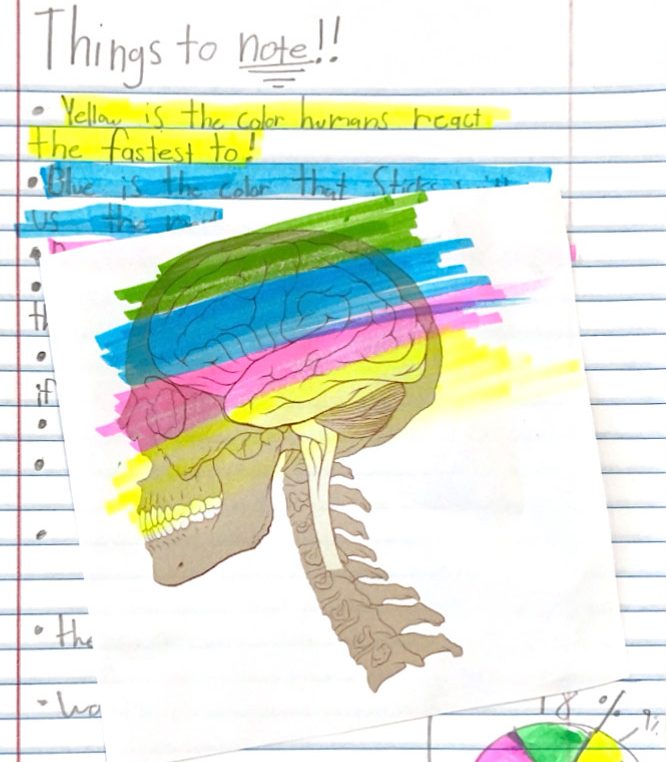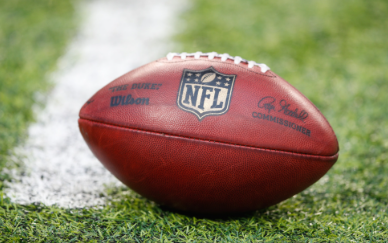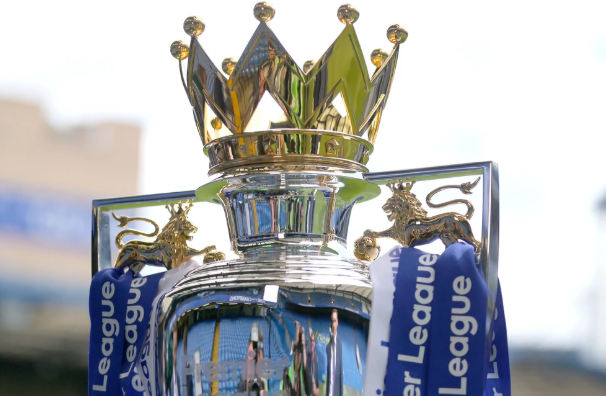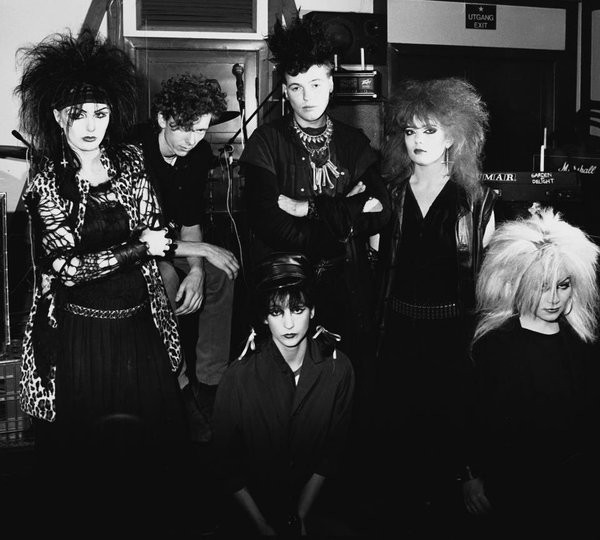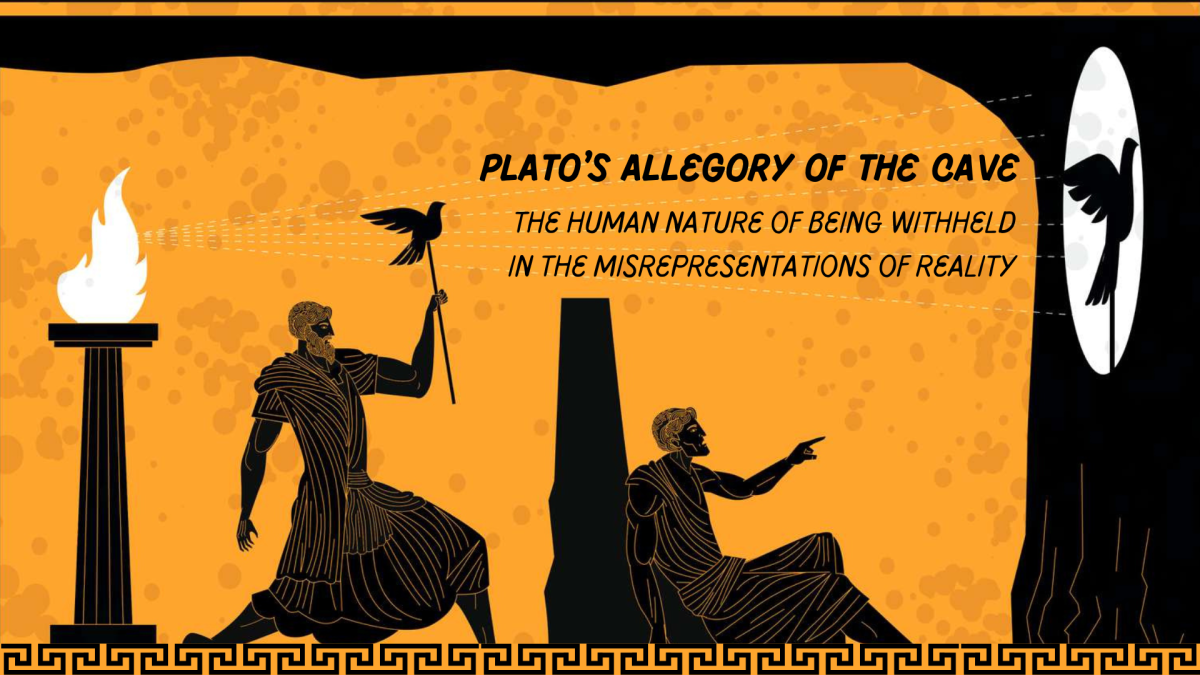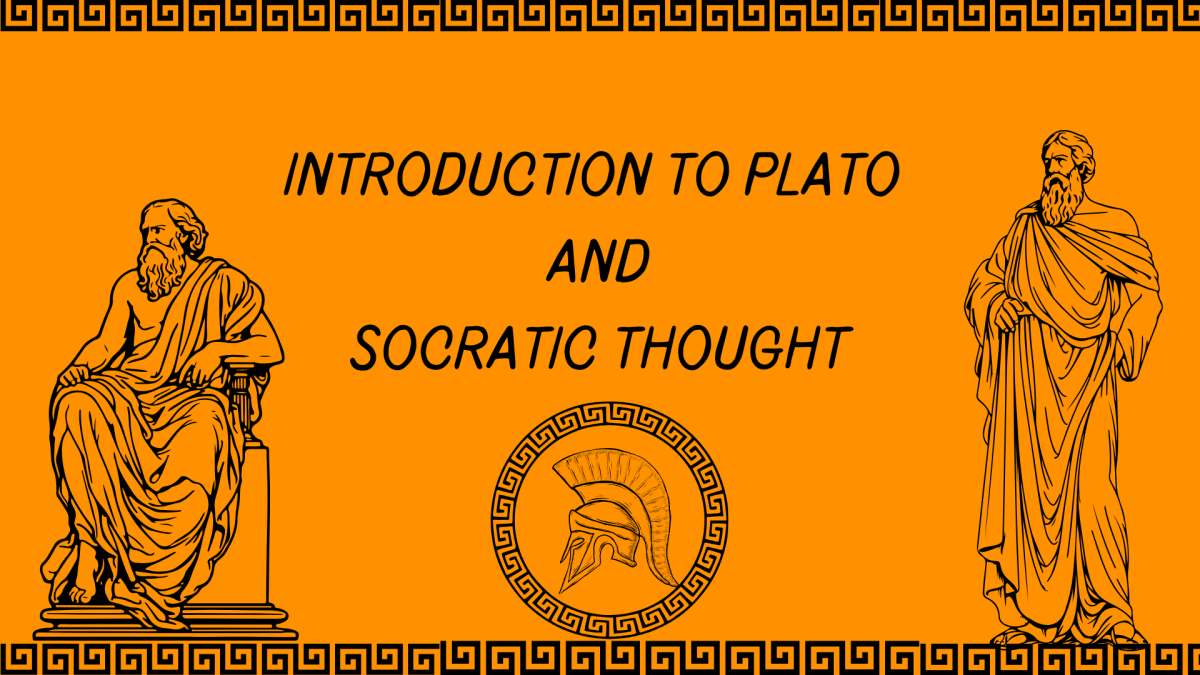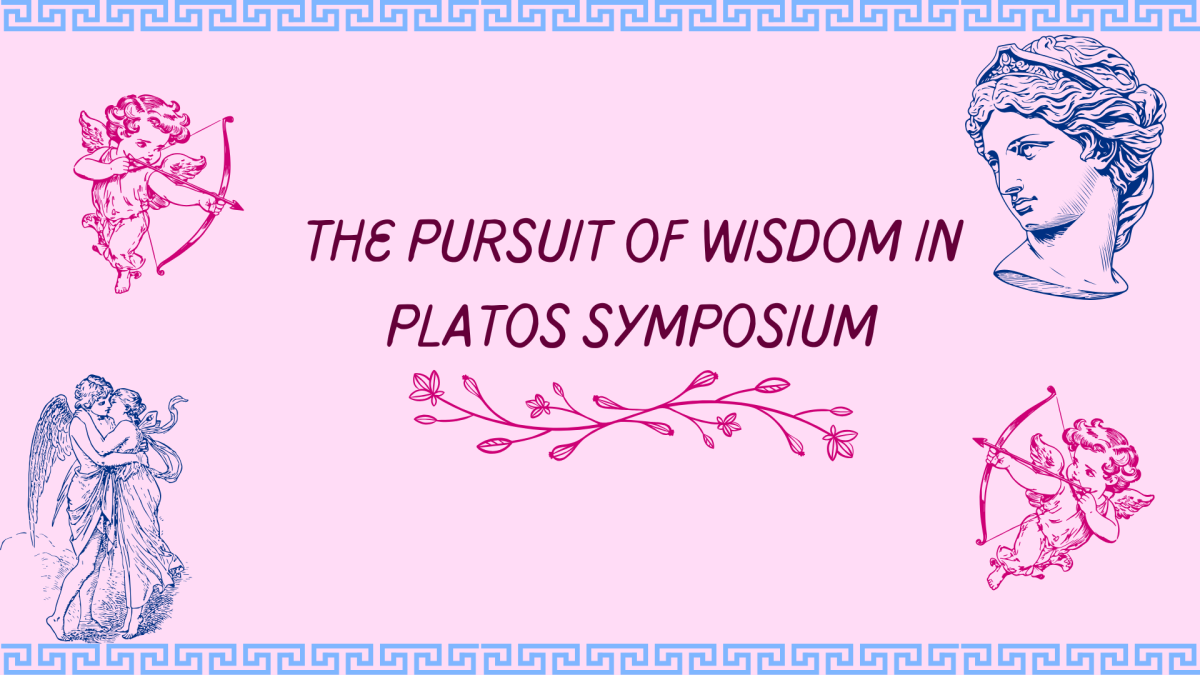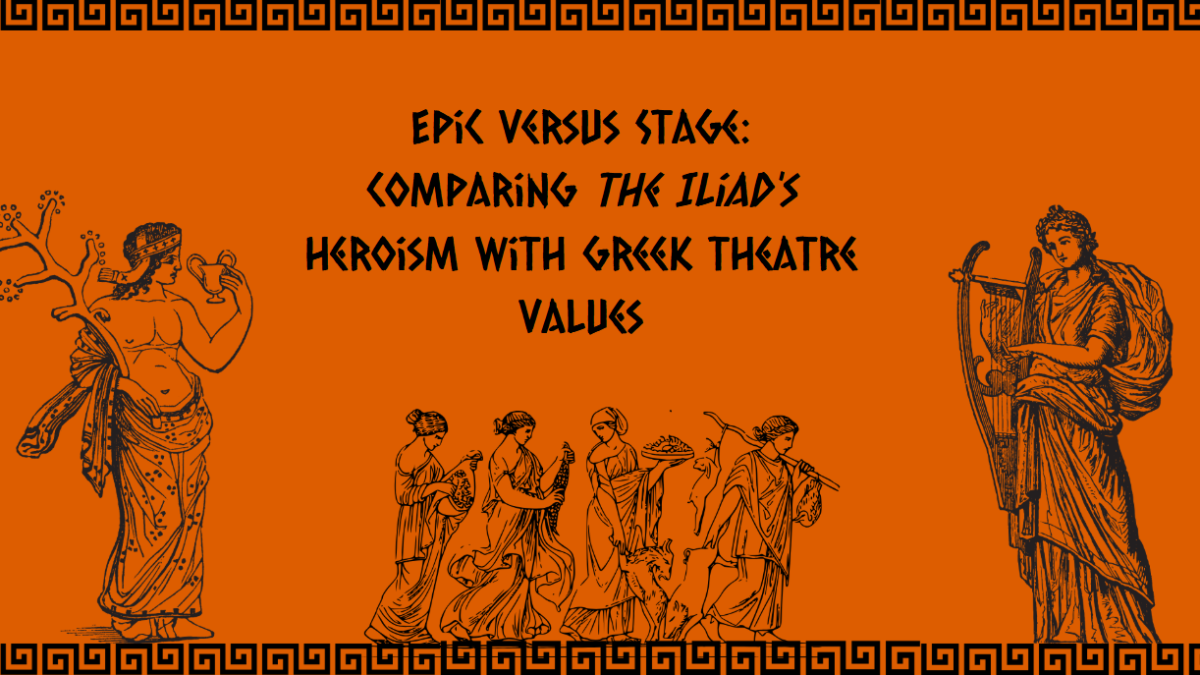People are often shocked when they hear the stories of remarkable Greek heroes– typically because of their modern understanding of what a hero is. When we hear the term hero, we often think of someone with noble qualities, someone who is a protector, and not someone with a tragic flaw that leads to their demise.
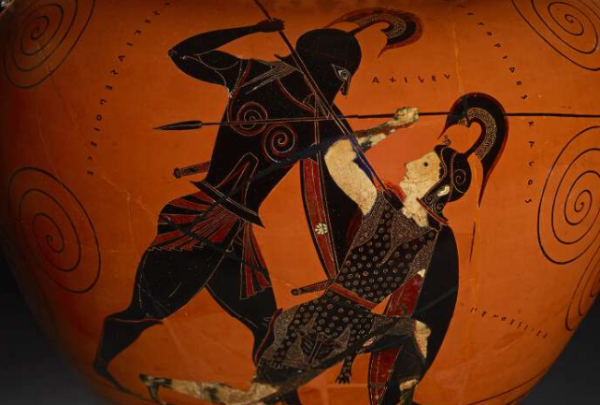
In Ancient Greek theater, heroes, usually of high noble status, possessed strength, courage, and intelligence. However, the hero has a tragic flaw, otherwise known as hamartia. This flaw is often excessive pride, a physical weakness, or a desire for revenge. In these plays, characters make harsh decisions and they have to take responsibility for their actions while having moments where they are extremely self-aware; and in true Greek fashion, they will likely experience suffering, death, or worse. Even though these themes are most commonly seen in Greek tragedies, it does not mean it doesn’t expand to epic poems such as Homer’s “The Iliad.”
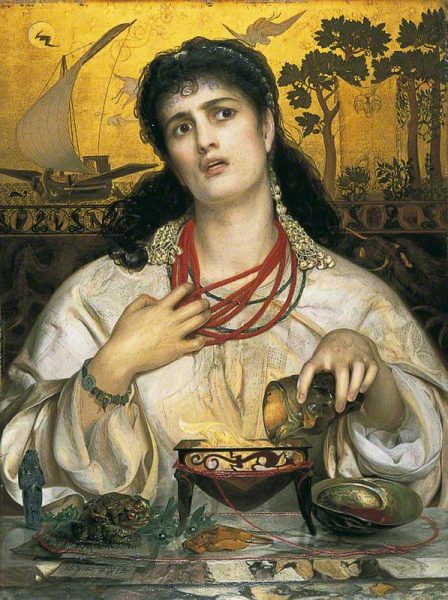
“The Iliad” starts with Apollo’s Priest begging the King of Mycenae, Agamemnon, to return his daughter Chryseis, who was taken as a war prize. Agamemnon refuses, which invokes Apollo to spread a plague through the Greek camps. Achilles, the best of the Greeks, is enraged at Agamemnon’s showcase of greed and selfishness and recognizes that Agamemnon is a weak leader who is consumed by the lust for power. During periods of hardship, Agamemnon vacillates between indecision and emotional instability, and when discouraged, he makes poor and unfair decisions. Agamemnon fails to grasp that being King isn’t about indulging his whims and a true leader understands that authority comes with responsibility, and his desires must take a backseat to the needs of the people.
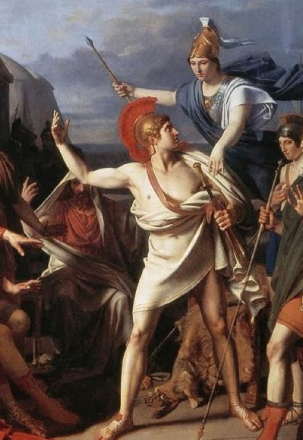
Achilles confronts Agamemnon and publicly pressures him to return the girl. Agamemnon is enraged at this challenge of authority and takes away Achilles’ war prize, a slave girl named Briseis; this causes Achilles to withdraw from battle and sparks a deadly resentment between the two men. Achilles remains hateful during the remainder of “The Iliad.” Agamemnon sends a group that includes Odysseus, Phoenix and Great Ajax to convince Achilles to return to the battlefield by offering abundant wealth and gifts, including Agamemnon’s daughter. During this counsel, we learn of two prophecies given to Achilles. He will have to choose between a long but unremembered life and a short but glorious one. Once he kills Prince Hector, he will meet his end.
Achilles tells the men that he has decided to stay at Troy but only aid the Greeks once the Trojans invade their camps. Only then will he take action. This indicates that Achilles’ flaw is his excessive pride, hubris. Achilles refuses to end the suffering of many Greek soldiers only because of his anger at one man, and his choice is now his responsibility. Achilles’ excessive pride and anger destroy his understanding of compassion, and because of this, Patroclus, his dearest companion, is killed in the battle. Now, Achilles experiences a moment of strong self-awareness and guilt, realizing his shortcomings as a leader and friend. To end his misery and assuage the guilt, Achilles kills Hector, who symbolically is wearing Achilles’ own armor. “The Iliad” completes the classic Greek tragedy trope and ends with Hector’s funeral, indicating that Achilles’ death will soon follow.





